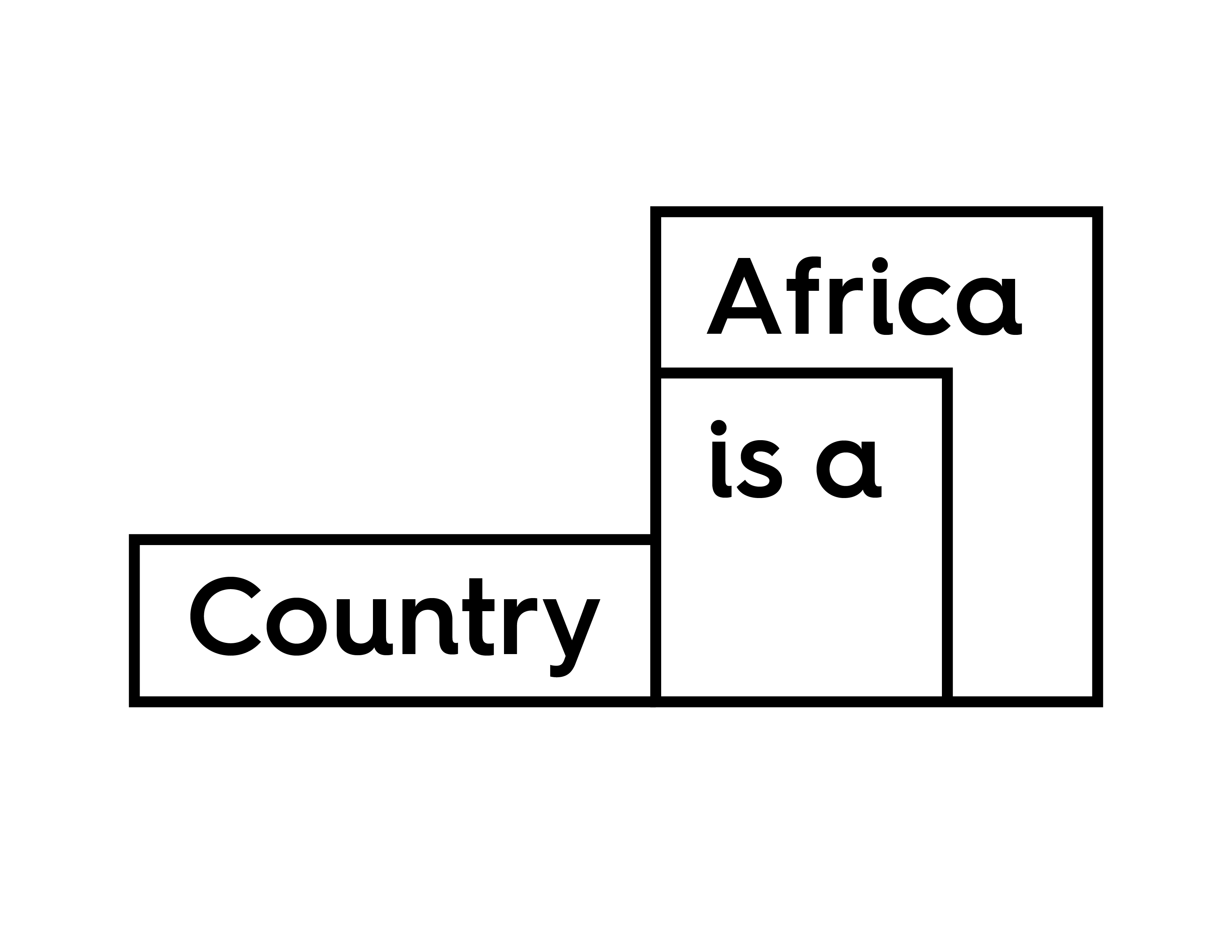All names used in this piece are first names, to protect the identities of people.
“Family farming is dead in Tunisia” according to Zakaria, a small farmer from Chenini, an oasis in Gabes in south-east Tunisia.
This is the verdict he reached after the signing of the Comprehensive Partnership Package in June between the EU and Tunisia. Ostensibly billed as an aid package to tackle “irregular migration,” less well known is that it also includes a raft of trade and investment-related clauses that many small farmers and agricultural workers in Tunisia believe will only worsen their situation.
While dramatic scenes of tourists being evacuated from wildfires on the Greek island of Rhodes hit European television screens in July, much less attention was placed on the plight of North Africans who continue to suffer from the consequences of extreme heat. Temperatures in July in Tunis reached 50 degrees Celsius. This situation will only worsen in the years to come. Climate risk forecasts for Tunisia project that annual maximum temperatures are likely to increase by between 1.9°C to 3.8°C by 2050 while precipitation levels may fall by as much as 22% by the same year.
Already in the fourth year of a prolonged drought, the situation of Tunisian farmers is particularly dire. The challenges faced by farmers and agricultural workers in Tunisia and the North Africa region more broadly was the focus of a two-day workshop in the midst of the July heatwave, organized by the Tunisian Platform for Alternatives—a civil society network—in collaboration with the Transnational Institute.
Abdul Karim, a small farmer from Medenine in south-east Tunisia, painted a vivid picture of daily life for many of the country’s farming population. Typically, small-scale farming in Tunisia involves a combination of livestock rearing (including goats, sheep, cattle, and in the south of the country, camel breeding), as well as crop cultivation. Small farmers typically receive few benefits and have difficulty covering the costs of production. They sell their products in local markets and food distribution networks, some of which involve the smuggling of animals across borders.
Participants of the workshop were critical of the current approach adopted by the Tunisian government to tackle the impacts of climate change. As Fauzia, a young woman agricultural engineer from Gabes, stated bluntly, “We have no strategy and no vision in Tunisia over the longer term. What are we leaving for the next generation? Only plant diseases and water scarcity.”
In response to increasing drought, the Tunisian government has instituted a series of measures to try to curb water use, including a limit on agricultural irrigation and a ban on water withdrawals below 50 meters. While these measures may sound reasonable, they have left Tunisian farmers literally high and dry. Reduced rainfall means farmers must resort to tapping groundwater sources to irrigate their crops and trees and to provide drinking water for their animals. Yet declining groundwater levels mean that water cannot be found until 80 meters (or more) deep. Farmers have no other choice but to dig deeper or jeopardize their livelihoods.
While farmers are criminalized for using water to survive, the government turns a blind eye to wealthy investors from Tunis who are buying up land for olive production and digging deepwater wells in an unregulated fashion. These wells can be up to 200-300 meters deep according to Yasser, a natural resource management engineer.
The irrationality of the current restrictions on water withdrawal and use contrasts with the needs identified by Tunisian farmers. As Zakaria states, “Farmers need practical solutions.” This includes training in agricultural techniques including how to tackle increasing water salinity, as well as secure access to farmland and protection of native seeds and animal breeds.
These practical solutions must also address the situation faced by Tunisia’s agricultural workers—the majority of whom are women—who work for meager wages and are among the most vulnerable to exploitation. During the COVID-19 pandemic, these women agricultural laborers faced the risk of infection and death as Spanish and Dutch agricultural fruit export companies continued operating, often with little to no health and safety measures in place to protect their workers. These practical solutions are, however, not what the Tunisian government is focusing on. Instead of support for small farmers, the emphasis is on large-scale commercial export of a narrow set of water-intensive agricultural products that are controlled by a few market players.
While this export-oriented approach is justified on the basis that it will increase Tunisian’s food and nutrition security, this has not been the case. The percentage of food expenditure in the total household budget of the Tunisian family remains high, representing on average 30% of annual family expenditure, rising to nearly 40% for the lowest income groups. Meanwhile, the policy of subsidizing exports to the detriment of basic necessities has left Tunisia vulnerable to market volatility and external food price shocks, a situation which has only been exacerbated by disruptions to global food supply chains brought about by the pandemic and Russia’s invasion of Ukraine.
This vulnerability to external shocks is in spite of—or maybe because of—the signing of a 1998 “Association Agreement’’ between the EU and Tunisia. The agreement set out various measures for liberalizing trade, including in agricultural and food products, between the small North African country of 12 million people and the EU bloc. Since then, Tunisia has recorded consistent trade deficits with the EU, the main destination for most of Tunisia’s agricultural traded goods. Supposed benefits of the trade deal for the majority of Tunisians have been elusive because the EU still imposes various measures to protect its domestic agricultural sector. Sometimes EU protectionism takes the form of frustratingly simple things, such as the fact that time periods during which Tunisian products are granted privileged access to the EU market under a customs quota arrangement do not sync with the production cycle in Tunisia.
Attempts to update the 1998 Association Agreement through a new Deep and Comprehensive Free Trade Agreement between the EU and Tunisia are currently stalled, although drafts shared from earlier negotiating rounds that have been released do not appear to signal a fundamental break with the past, and could, in fact, spell an even worse outcome for the country’s small and medium enterprises.
The nature of unequal economic and ecological exchange in agricultural trade relations between Tunisia and the EU is the focus of a recently released report by the Transnational Institute. This unequal exchange is exemplified by the case of the trade in olive oil. Tunisia is among the largest olive oil producers in the world. Produced under large-scale monoculture on prime irrigated agricultural land, 90% of crude olive oil is exported to Spain and Italy where it is refined and sold to European consumers. In the process, Tunisia loses out on significant value-add.
Meanwhile, rising food prices at home mean that the consumption of olive oil is increasingly out of reach for ordinary Tunisians who in turn must rely on the use of cheaper and inferior quality vegetable oil imported from the EU. Against the backdrop of a wider economic crisis, this means that access to one of the staples of the North African and Mediterranean diet, proven to be beneficial to public health, is steadily eroding.
A reliance on more traditional olive growing as practiced by small farmers for the domestic market is not seen as viable due to the lack of support it receives from the government. As the farmer Abdul Karim explains, “Traditional olive trees can live for 150 years yet support for olive growing is 2 dinars per olive tree while our cost of production is about 15-20 dinars per tree. We need support for water and for tractors. But in the absence of this support, my olive tree will dry out and die. There is no accurate strategy for olive growing.”
For small farmers and agricultural workers, it is clear that in the context of multiple and intersecting crises, agricultural and trade policy in Tunisia and the broader North Africa region must be reimagined. As Muhamed, a retired professor of rural economy at the National Institute of Agricultural Research argued, “We need a paradigm change.” This includes investing in climate-friendly agriculture, protecting the region’s unique genetic diversity and food cultures, and restoring the status of the Tunisian small farmer and fisher.
It should also include helping farmers deal with skyrocketing electricity prices. As Tunisia seeks to increase the ratio of renewable energy sources in its energy mix to 30% by 2030, it would do well to consider how community-led and climate-conscious models of renewable energy production can help to foster a just transition away from polluting and planet-destroying fossil fuels.
Putting this into practice, Abdul Karim argues, means that rather than promoting the large-scale photovoltaic and wind turbine parks that appear to be currently favored by the Tunisian government and foreign investors, the Tunisian state could help farmers install solar panels on their fields. This would help set Tunisia on a pathway towards a sustainable food and energy system.
There are positive examples of the shift to ecological farming in Tunisia in action. Nora, who helps to run an organic food cooperative exporting, among other products, organic tomatoes and wheat to France, is working hard to obtain official organic certification and expand the number of hectares under organic production. She argues that what is needed is investment in farmer education and training, as well as a better legal framework to support the formation of cooperatives that would allow farmers better access to support services and negotiate better prices for their products. This is currently very challenging. Only 7% of farmers in Tunisia are officially registered as being part of a cooperative and the main cooperative that does exist represents the interests of the larger, commercial farming sector. Noting that the main agricultural union in the country has never been run by a full-time farmer, Abdul Karim puts it more bluntly: “It is against the farmers.”
Layla, who is a founding member of the Tunisian Platform for Alternatives articulated a vision for the creation of a regional platform across North Africa to push for economic justice and food sovereignty that was shared by many in the workshop.
In talking about [agricultural] trade relations, we have to talk about power relations. The way to challenge these power relations has to be built from within, starting with farmers, agricultural workers, traders, and cooperatives. They have to come together in a movement.
A spirit of regional solidarity is taking hold. The Siyada Network brings together trade unions, organizations working for the rights of agricultural workers, and those fighting for the protection of lands, seeds, and water, from across the region in a common platform for exchange and action.
As the EU moves towards rolling out its Green Deal, it is imperative that this does not set up another form of path dependency on European imports and bad trade deals for countries of the Global South but rather delivers on the promise of climate justice for all.
The signs are not good. The recently concluded Comprehensive Partnership Package between the EU and Tunisia revives many of the most problematic aspects of the earlier stalled free trade agreement process. For agriculture, this includes a host of measures related to the further liberalization of markets, standards, intellectual property rights, legal alignment, freedom of investment, and the possibility of European investors to appropriate agricultural land.
However, as the EU pumps money into the hands of Tunisia’s increasingly autocratic government in a €1 billion deal to stop migrants—many from sub-Saharan Africa—making the desperate sea journey from Tunisia across the Mediterranean to European shores, it would do well to remember that no one wants to leave their country unless they feel they have little other choice.
As Zakaria articulated his hope for Tunisia’s future: “I don’t want my children or my children’s children to leave, I want them to live on the land.”
Sylvia Kay is a political scientist and research working for the Transnational Institute (TNI).
Photo: CGIAR via Flickr CC BY-NC-ND 4.0 Deed.



